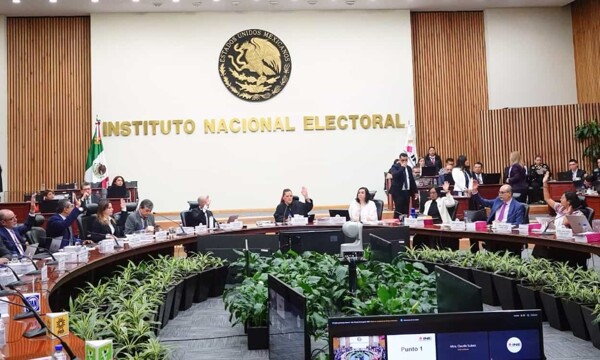
The Swedish Academy of Sciences that awards the Nobel Prize in Economics has highlighted the importance of understanding the long-term difference between countries that develop institutions to extract rents for the benefit of a few and those that create political and economic opportunities for all. Professors Daron Acemoglu, Simon Johnson, and James Robinson, famous for their work "Why Nations Fail," illustrate with the history of Nogales, Arizona, and Nogales, Sonora, how institutions influence economic development.
The studies of these authors demonstrate that countries with a weak rule of law and lack of inclusive institutions tend to exploit the population and limit economic growth. They advocate for the need for democratic institutions for economic development, warning about the negative effects of the concentration of economic or political power in a country, as in the case of Mexico according to their analysis.
Although they have received criticism, the importance of protecting strong institutions like the market to reduce the income gap and promote long-term economic growth is emphasized. Competition in the economy reinforces productivity, competitiveness, and economic growth, as evidenced by numerous case studies.
The Nobel Prize committee highlights the need to reduce income inequalities between countries, emphasizing the relevance of social institutions to achieve this goal. It is pointed out that the protection and promotion of competition in markets are fundamental requirements for sustained economic development.
This year's awardees have significantly contributed to the study of the role of institutions in economic development. Bill Gates, for his part, suggests that focusing on building infrastructure, improving education, and using market mechanisms to distribute resources is key to driving economic growth.
In summary, the study of institutions and their impact on economic development is fundamental according to the awardees, who challenge simplistic views on growth based on factors such as geography or culture, highlighting the relevance of democratic institutions, the rule of law, and competition in the markets.














